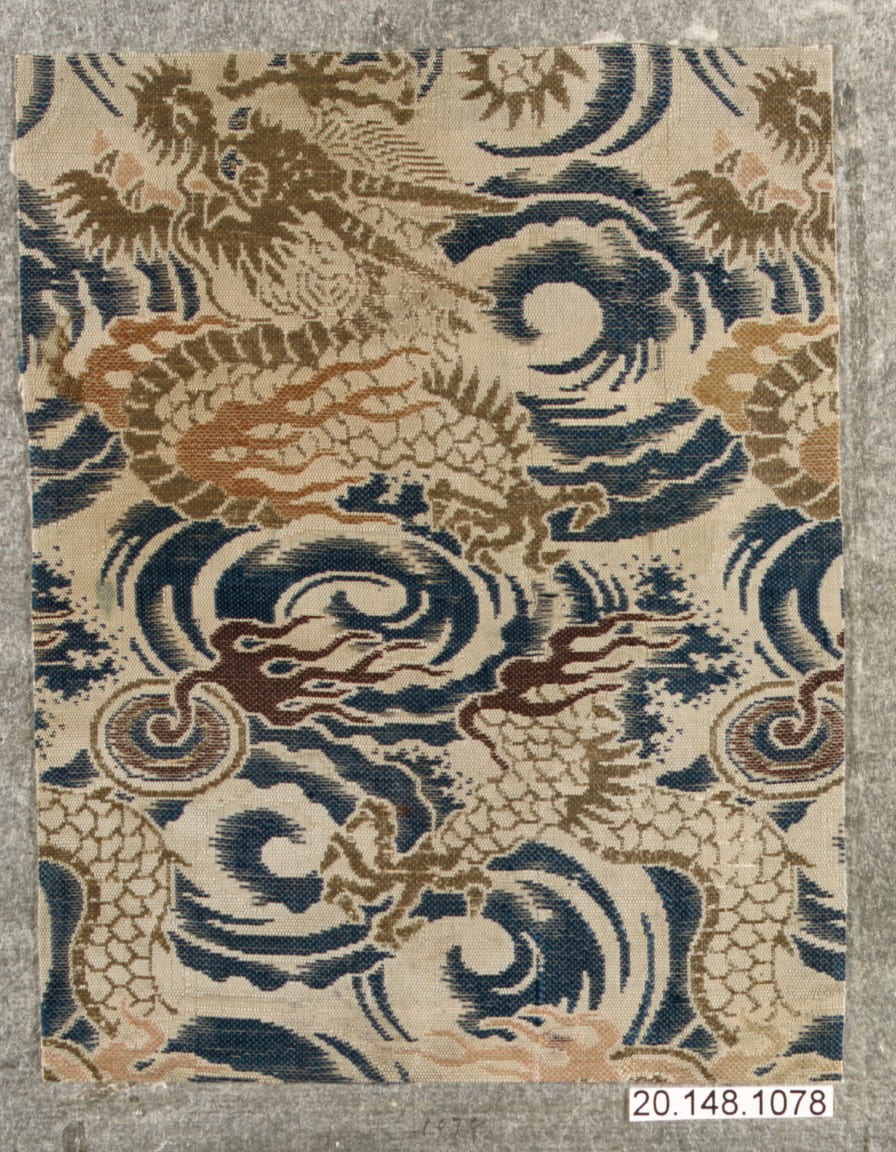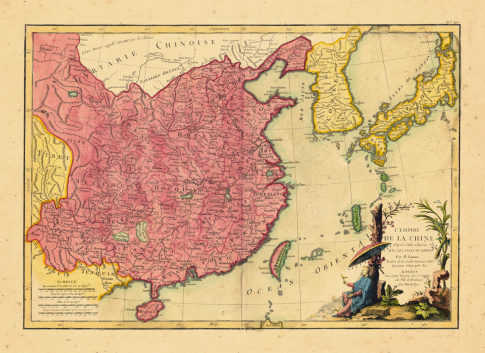Jiakai Sheng
PhD Student, Department of History
“Homeward Bound: The Postwar Repatriation of Japanese Civilians in Shanghai, 1945-1947”
Thursday, April 5th, 4-6 PM
John Hope Franklin Room
Please join the East Asia: Transregional Histories workshop in welcoming Jiakai Sheng as he presents his paper titled “Homeward Bound: The Postwar Repatriation of Japanese Civilians in Shanghai, 1945-1947.” He has provided the following abstract:
Following the end of WWII, the Allies returned 6.5 millions overseas Japanese nationals back to their homeland, which was regarded by the former as part and parcel of the effort to dismantle Japan’s fifty-year colonial enterprise. This essay focuses on the management and repatriation of over 100,000 Japanese civilians in Shanghai between 1945 and 1947 as an important case of how mass population transfer was planned, negotiated, and executed in the context of postwar East Asian. By examining an array of ideological and logistical issues surrounding postwar Shanghai’s “Japanese Nationals Concentration Zone,” this essay seeks to reconstruct the dynamic interplay between the Chinese authorities, the U.S. military, and the Japanese repatriates. Rather than reducing the politics of postwar repatriation and decolonization to a simplistic story of the “defeated” being dominated and displaced by the “victorious,” this essay interprets it as being constantly shaped by the agency of multiple parties as well as the continuation of certain aspects of the prewar configuration of Shanghai’s Japanese settlement. Moreover, through highlighting the role played by people’s identities, connections and preferences, this essay intends to show how repatriation was experienced at individual level in variegated ways.
Jiakai’s Paper can be found at the post below.
As always, first-time attendees are welcome. Light refreshments and snacks will be served.
If you have any questions or require assistance to attend, please contact Spencer Stewart at sdstewart@uchicago.edu or Robert Burgos at rburgos@uchicago.edu



